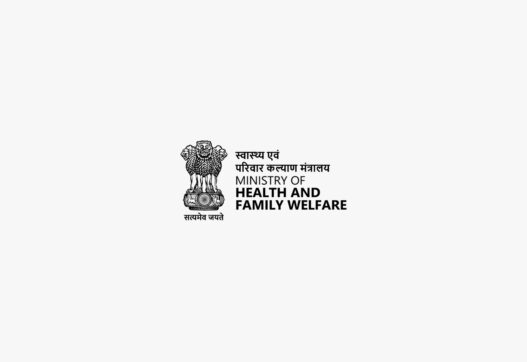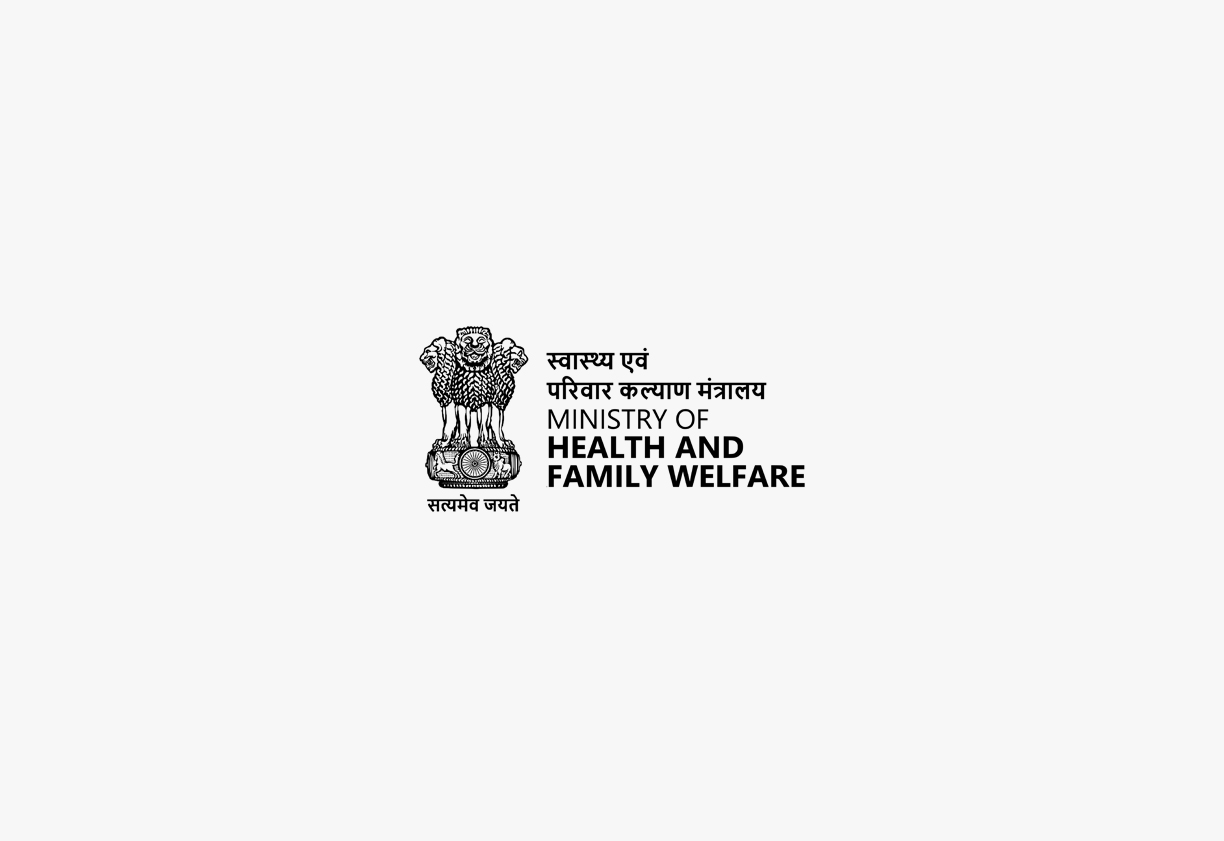Ministry of Health and Family Welfare
The Epidemic Diseases Act, 1897, is a significant piece of legislation enacted to provide for better prevention of the spread of dangerous epidemic diseases. This act empowers the government to take special measures and prescribe regulations when faced with outbreaks. The act falls under the purview of the Ministry of Health and Family Welfare, which is responsible for the implementation and administration of health policies and programs in India. This ministry plays a crucial role in managing public health crises.
Enactment Date, Number of Chapters, Number of Sections:
The Epidemic Diseases Act was enacted on 4th February 1897 and is identified as Act No. 3 of 1897. This act is relatively concise, and contains no formal chapters. It is structured into four main sections, with several subsections and additional clauses, focusing on specific powers, definitions, and penalties. It has been amended over time to increase its scope and effectiveness.
Act Governed By:
The Epidemic Diseases Act empowers both State and Central governments to take necessary measures in response to outbreaks. Initially, the Act primarily delegated authority to State Governments. However, it was amended later to empower the Central Government to take measures when necessary. It is governed by respective notifications, guidelines, and directives issued by the Central and State authorities. These are periodically updated as per needs and circumstances.
On Whom It Is Applicable:
The provisions of the Epidemic Diseases Act apply to the entire population of India. It empowers the Central and State governments to impose regulations on any person, or class of people, or area, to control the spread of dangerous epidemic diseases. It specifically addresses actions related to healthcare service personnel and also outlines the penalties for acts of violence against them. The act affects everyone, directly or indirectly, during an epidemic.
Penalties/Punishments:
The act prescribes various penalties for non-compliance and offenses:
-
Disobeying Regulations: Any person who disobeys a regulation or order made under the Act is deemed to have committed an offense punishable under Section 188 of the Indian Penal Code.
-
Violence Against Healthcare Personnel: Those who commit or abet acts of violence against healthcare personnel face imprisonment from three months to five years and a fine from fifty thousand to two lakh rupees.
-
Causing Grievous Hurt: If violence against healthcare personnel results in grievous hurt, the punishment ranges from six months to seven years imprisonment along with a fine from one lakh to five lakh rupees.
-
Compensation for Violence: Additionally, individuals found guilty may be required to provide compensation for injuries to healthcare personnel and damages to property. This act provides for punitive action against those who hinder public health response.
Important Pointers:
-
Definition of Violence: The Act specifically defines “acts of violence,” including harassment, injury, obstruction, or damage to property of healthcare personnel.
-
Healthcare Personnel Coverage: It defines “healthcare service personnel,” including various medical professionals and any individual empowered to take preventive measures.
-
Presumption of Guilt: Under certain conditions, the court may presume that the accused has committed the offence unless proven otherwise.
-
Culpable Mental State: For specific offences, the act presumes the existence of a culpable mental state of the accused, meaning intent, motive, or knowledge.
-
Cognizable and Non-Bailable Offenses: The offences under specific sections of this Act are cognizable and non-bailable, meaning the accused can be arrested without warrant.
-
Time-Bound Trials: It mandates that investigation of cases under sub section (2) and (3) of section 3 be completed within 30 days, ensuring speedy trials. The trial should be concluded within one year.
-
Protection for Actions: The act protects those who act in good faith and take measures according to its provisions. The act outlines clear definitions and procedures to handle outbreaks.
Act Copy:




